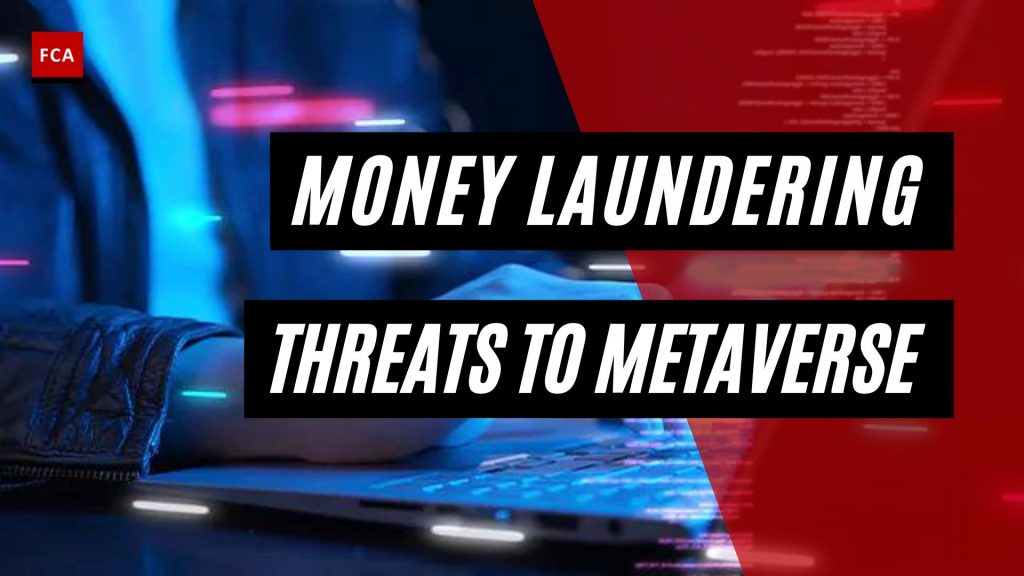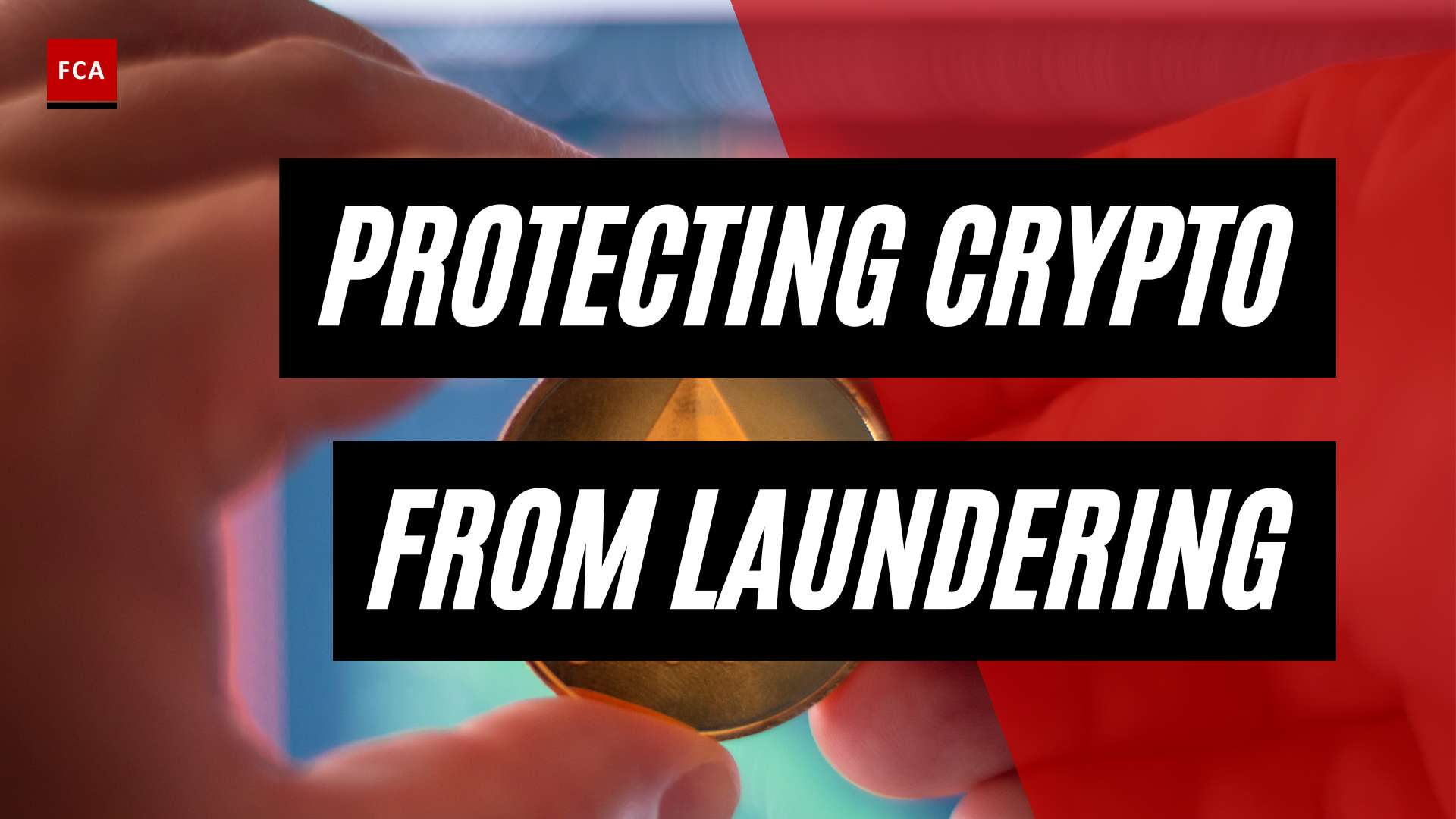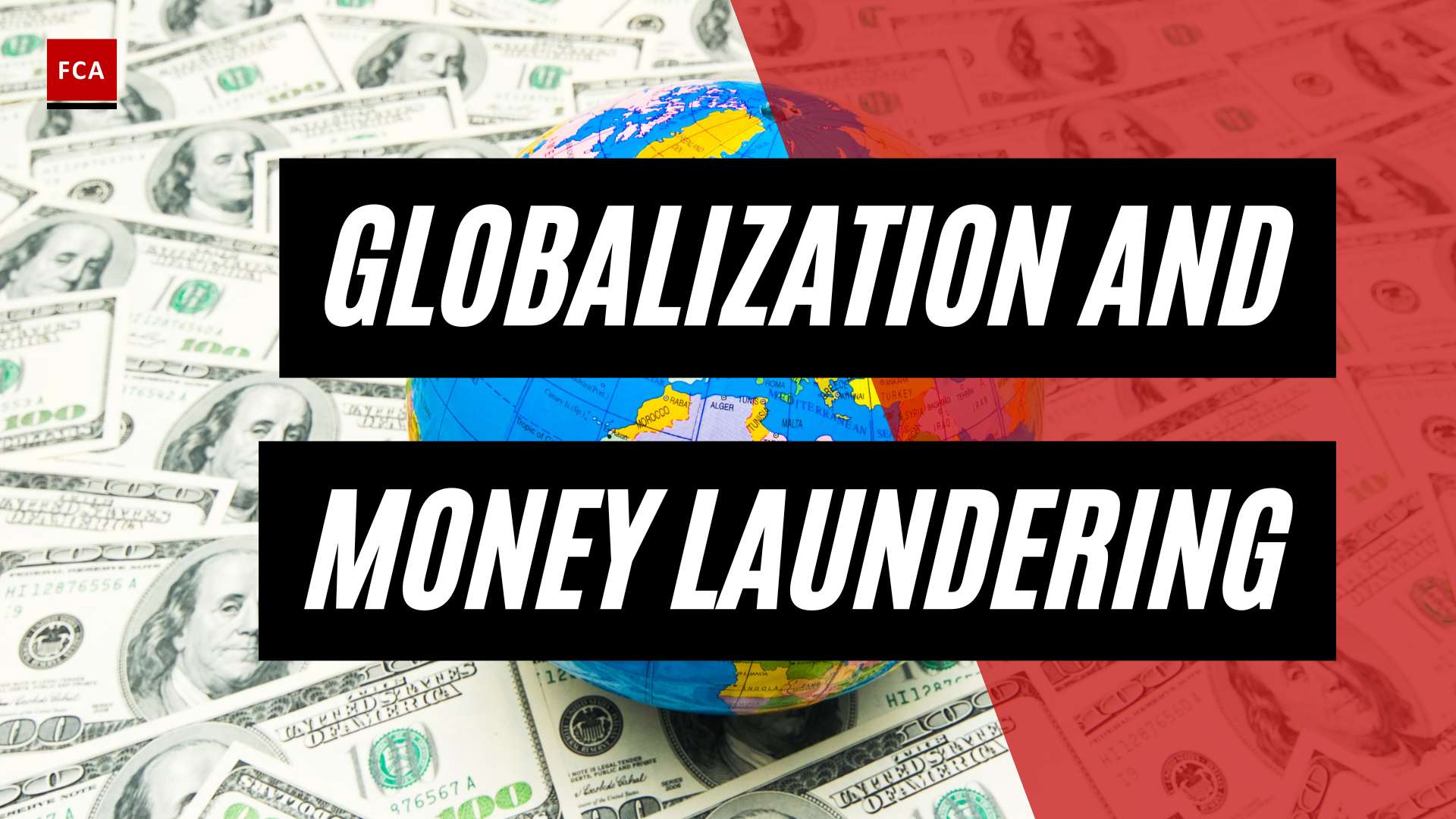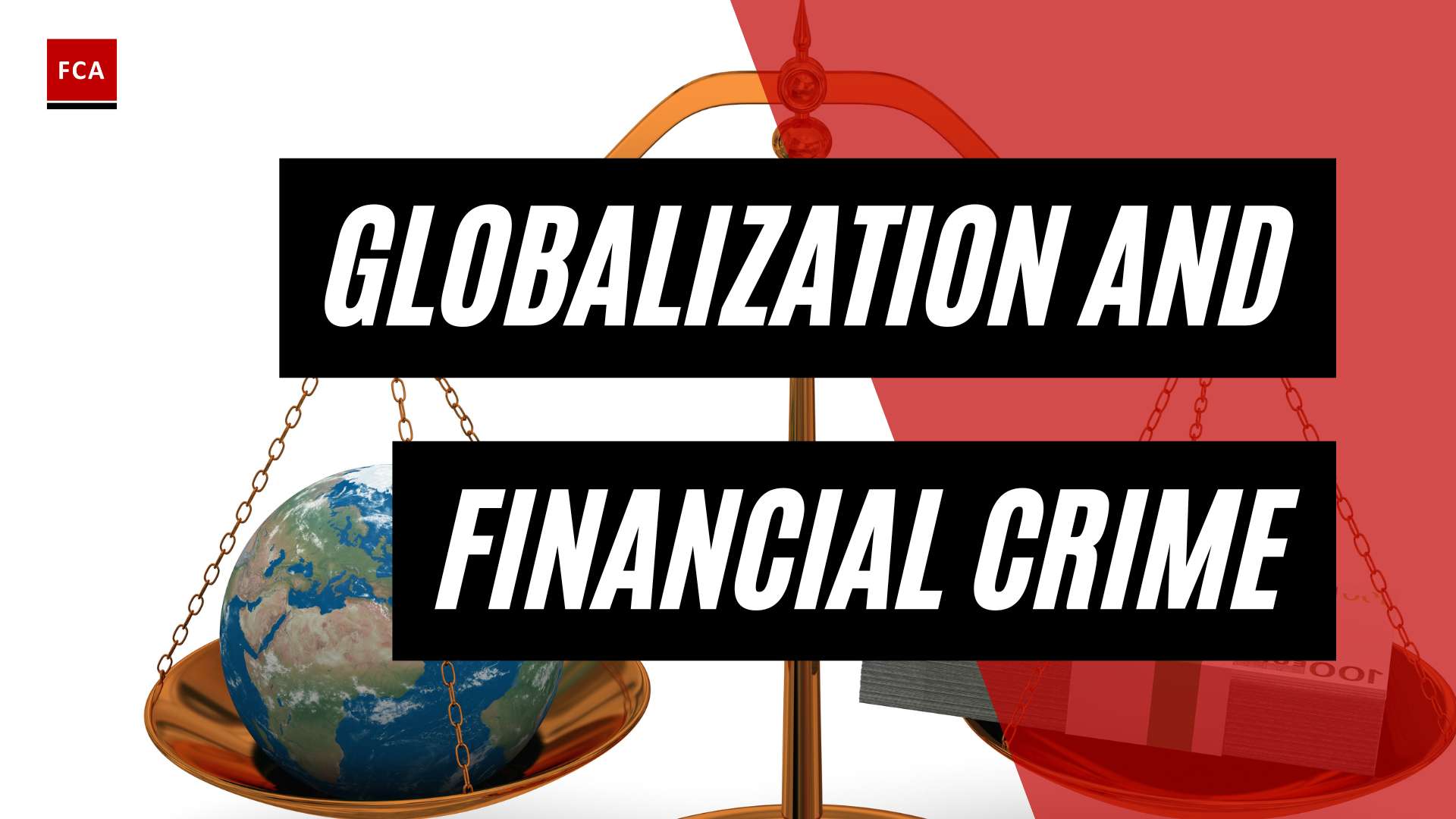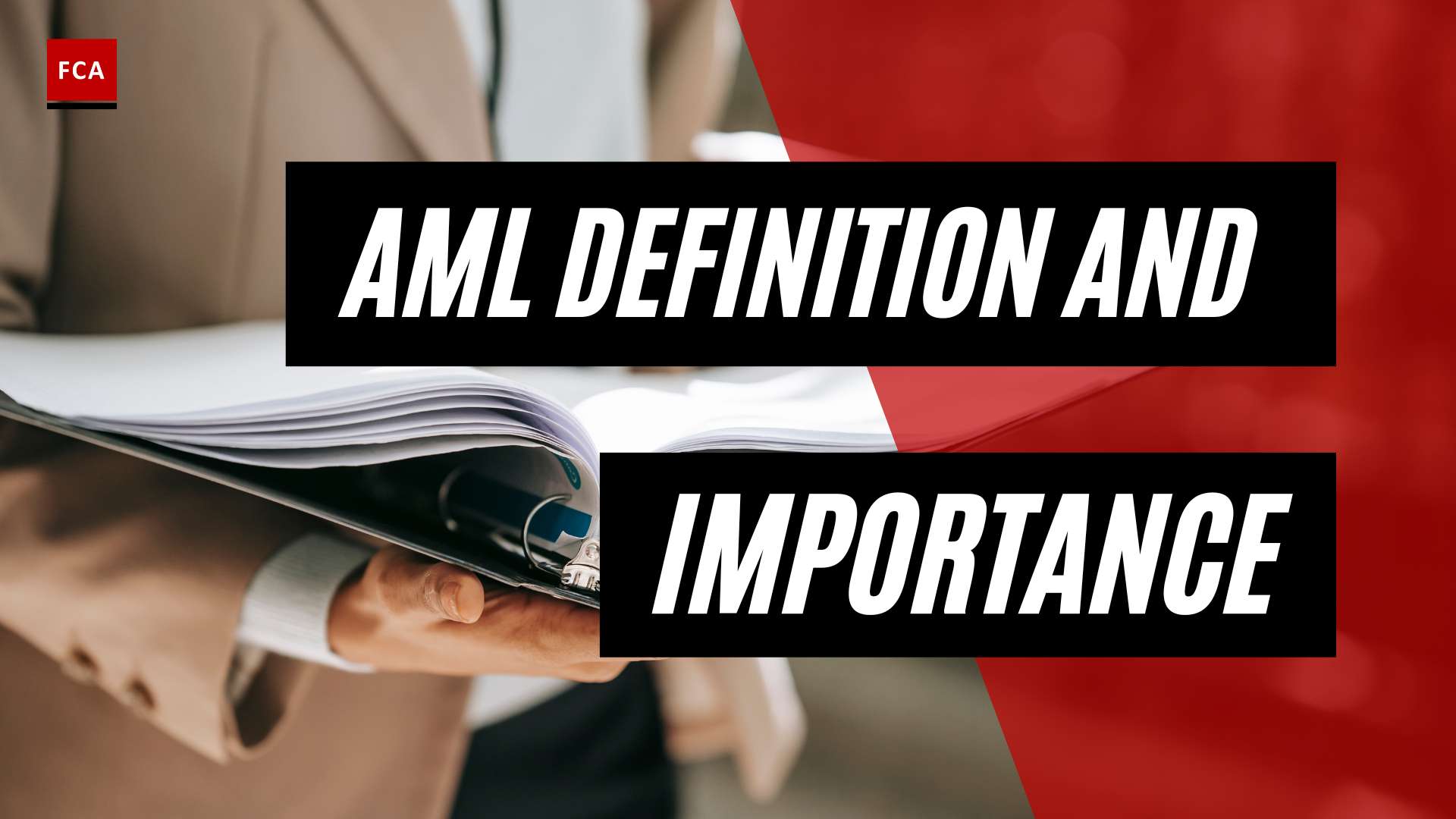Money laundering threats to metaverse. Due to the lack of laws and regulations around the trading of NFTs, the money laundering risk is considered high. Along with all the new opportunities, the metaverse has some factors that invite criminals and money launderers to take advantage of the technology and system for their illegal advantages and gains.

Money Laundering Threats To Metaverse
Identity theft, data hacks, breaches, and other financial crimes are all possible in the metaverse as they are driven by the purpose of stealing personal information and accessing people’s digital wallets for illicit activities. Big money can be moved here and there using the metaverse due to the decentralized blockchain-based structure that links every task to digital wallets.
Currently, there is no definitive idea of financial crime regulations applicable to the metaverse. However, the lack of customer due diligence or CDD and Know Your Customer or KYC measures mean that users are generally less protected in the digital landscape. Inadequacy in terms of consensus and unified rules that apply to the metaverse can become the reason that motivates criminals to pursue their illegal activities.
Since the internet is generally not bound by any single central authority or regulatory body, the metaverse is also assumed to follow a similar framework. When it comes to the protection of digital assets, Web 3.0 seems to take businesses back to the times of the World Wide Web, allowing users to perform activities freely without the requirement to go through intermediaries or a central body. The main culprit for the vulnerability of metaverse to money laundering is decentralization.
The metaverse is a product of capitalism, with a structure acting as a barrier to security for its users. As a result, there is no centralized landscape or a clear picture about what or who is ultimately responsible for regulations and enforcement. All this collectively creates a scenario where there is a desire to avoid the costs and implications of ensuring regulation while establishing a safe, crime-free digital environment.
Fraud risks are high as criminal activity in the metaverse world due to its decentralization and lack of laws and regulations. Fraudsters would get users to test virtual slot machines. Only once the user puts money in the slot machine does the fraudster make off with the funds. In Second Life, ‘terminals’ allowed users to deposit funds into their online accounts, so fraudsters would place fake terminals over real ones, similar to how criminals do this in the real world with ATMs.
Unsuspecting users would use the fake element of the terminals, which allowed the fraudster to collect the deposits. It was not dissimilar to phishing attacks and social engineering today; fraudsters were said to have used these techniques many years ago to steal Second Life avatars, along with user funds from accounts. One of the most interesting cases was the case of an unregulated virtual bank in Second Life called Ginko Financial.
In an interview conducted online with Reuters through instant messages, when asked how the bank works and if it is lending out money and charging interest rates to its loan customers, Ginko Financial’s CEO Nicholas Portocarrero replied, “No, the bank is essentially loaning the money to itself right now.” When Reuters said to Portocarrero that his bank had been accused of being a pyramid scheme (for which it never gave a clear rebuttal), this lack of response raised my suspicions that all was not quite right with the virtual bank.
Final Thoughts
For quite some time, the world has been preparing for the most recent advancement in multipurpose social platforms. With the use of Web3.0, the metaverse is a world-changing technology that changes the very concept of social platforms. What distinguishes Web3.0 is a decentralized, permissionless, and trustless system based on blockchain tokens.
Aside from new opportunities for work, social connections, and online shopping, the metaverse allows criminals to use digital wallets to conceal the origins of their illegally obtained funds.

